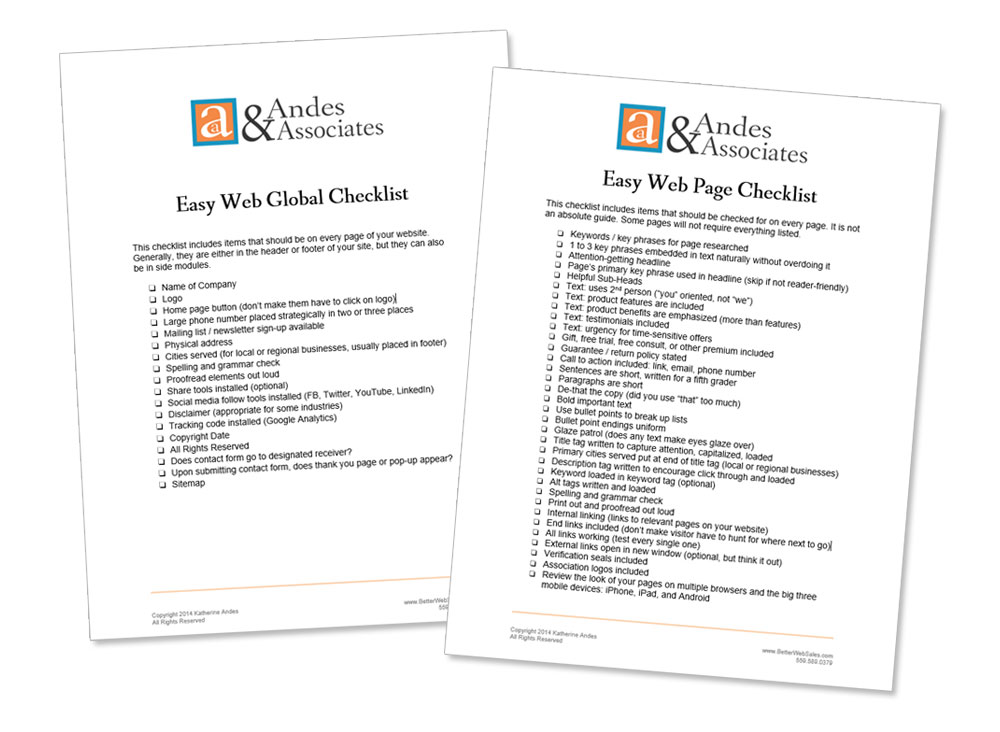Here’s a neat SEO tip for local search results that’s an oldie but goodie. Even after all these years, it still helps to place a keyword close to the targeted city. But you must not do it over and over on a page. In the olden days, you used to see cruddy web pages where someone would write:
For furniture in Metropolis, be sure to visit Our Furniture Store in Metropolis. We specialize in living, dining, bedroom, kitchen, and home office furniture. The first furniture store in Metropolis was not our store. But we think Our Furniture Store in Metropolis is the best so far. Actually, there are 10 furniture stores in Metropolis, but only Our Furniture Store in Metropolis is any good. Any day now, all the other furniture stores in Metropolis are going to file for Chapter 11.

In the early days of search engine optimization this tactic actually worked in getting pages ranked. Even as recently as a few years ago, I still saw pages like this ranking. Now, not so much.
Nonetheless, it is still helpful to have your keyword close to your city name if you can manage it without sounding dreadful. Here’s one neat way to do it:
When Tony and Lauren built a large covered patio in their backyard, they needed new outdoor furniture. In Metropolis, families spend most summer evenings outdoors, so they are ready to open their wallets for attractive and sturdy outdoor furniture.
In the above example, the keyword phrases are “furniture in Metropolis” and “outdoor furniture in Metropolis.” But in our example, the phrase is broken up into two sentences. This is okay because Google doesn’t pay any attention to punctuation. How cool is that?
If the page works well, when folks search for “furniture in metropolis” or “outdoor furniture in metropolis” the page will be served. This assumes the phrase is also inserted, sparingly, in the tags and perhaps another place on the page.
Easy Web Tip 314: When pairing a keyword phrase with a locality, you don’t have to worry about punctuation.



